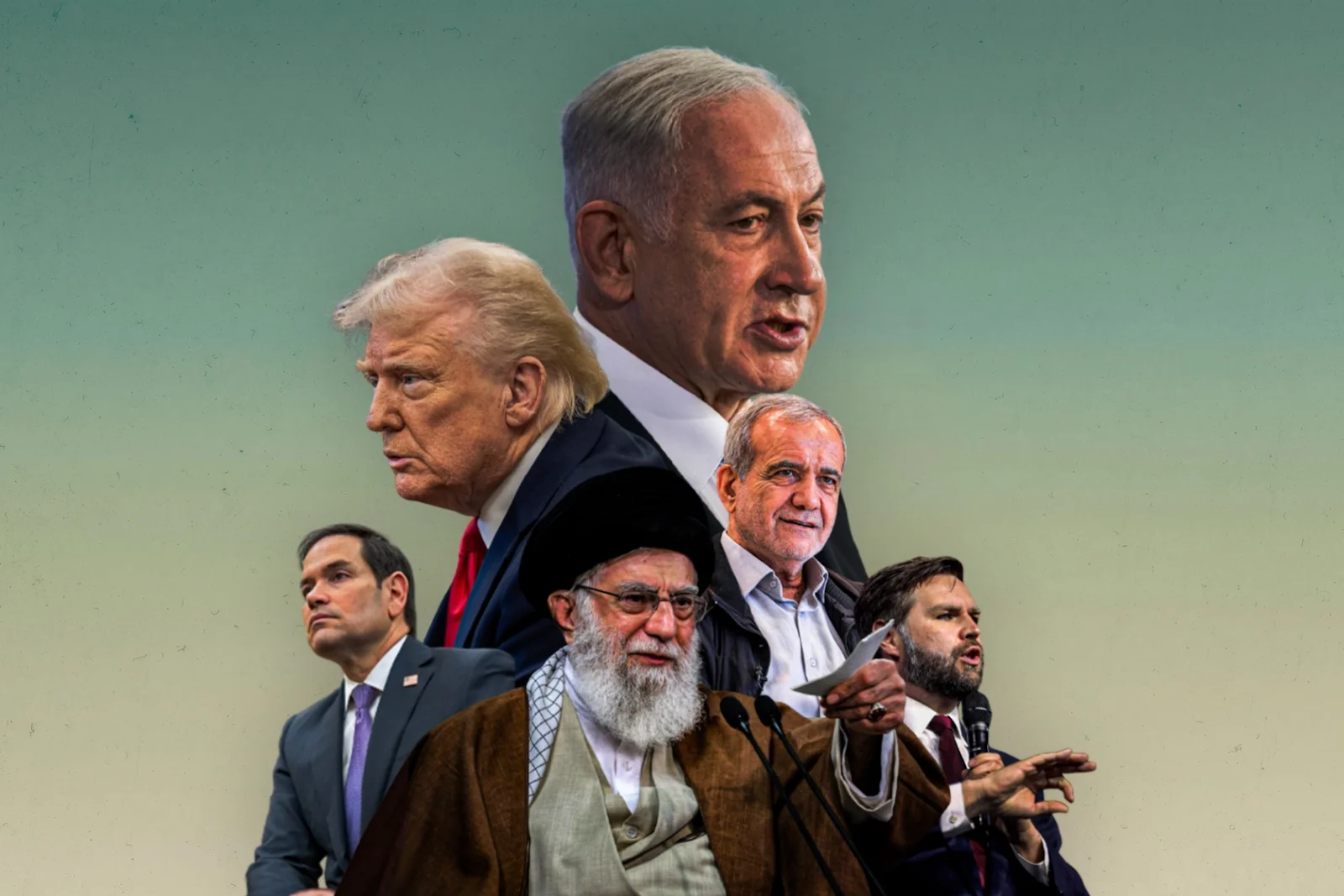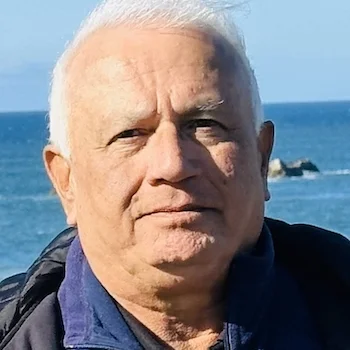
Trump and Bibi’s Dangerous Dream of Regime Change
The winds of war are once again sweeping across the Middle East, and this time they blow with a uniquely ominous force. The latest escalation between Israel and Iran—now drawing in direct U.S. military involvement—signals more than another regional flare-up. It marks a pivotal moment for international stability, human dignity, and the ethical bearings of global diplomacy. We are perched on the edge of a precipice, where decisions made in insulated war rooms and polished diplomatic suites may soon unravel the fragile threads still holding this volatile region together.
At the center of this unfolding crisis is a perilous wager: Israel’s increasingly overt campaign to dismantle Iran’s nuclear infrastructure and, by many accounts, destabilize the Islamic Republic itself. This is no abstract theory. A discernible pattern—covert sabotage, targeted assassinations, cyberattacks, and now overt airstrikes—reveals a strategy not of deterrence but attrition. The goal appears less about curbing nuclear capabilities and more about eroding the regime through relentless pressure—death by a thousand precision-guided cuts.
But this path, history reminds us, rarely ends in peace.
The belief that a sovereign nation—however hostile or repressive—can be bombed into reform or its regime changed through external force is a fiction, sustained not by historical precedent but by ideological obsession. It is the same flawed logic that guided the U.S. invasion of Iraq, the NATO-led intervention in Libya, and the ill-conceived proxy war in Syria. The ravaged ruins of Mosul, the lawlessness of Libya, and the humanitarian wreckage of Aleppo are monuments to the futility of such ventures. Yet here we are again, rehearsing the same tragedy with fresh actors.
Israel’s fears about Iran’s nuclear ambitions are not without substance. Since its 1979 revolution, Iran has adopted a posture of hostility toward Israel, supporting militant groups that jeopardize Israeli security. But policies of perpetual siege—of preemptive strikes, shadow wars, and unending retaliation—do not neutralize threats. They amplify them. They turn tentative diplomatic possibilities into entrenched animosities, undermining Israel’s own long-term security in the process.
More alarming still is the role the United States is now playing. As Israel’s staunchest ally and the world’s preeminent military power, America bears a distinct responsibility: to lead with caution, to act with strategic foresight, and above all, to privilege diplomacy over destruction. And yet, its recent moves suggest the opposite—a readiness to be drawn into another amorphous conflict, absent a coherent objective or a credible vision for what follows the fighting.
We must ask plainly: what is the endgame?
Is it the dismantling of Iran’s nuclear program? The toppling of its regime? Is there a hope, however faint, that bombs and sanctions will yield a reformed Islamic Republic—or that, from the wreckage, a secular democracy will somehow emerge?
These are not strategies. They are dangerous delusions.
And as always, it is ordinary people who pay the price. The people of Iran, already crushed under sanctions and repression, will suffer the most. Their cities will bear the brunt of bombardment, their families the grief, their future the forfeiture. And in Israel, civilians too will live not in safety, but in the shadow of retaliation and the dread of regional war.
It is a moral indictment of our current global order that launching a military campaign is easier than assembling a meaningful peace initiative.
Bombs do not foster democracy. Blockades do not inspire trust. Occupations do not heal divisions. These aren’t merely political realities—they are hard-won moral lessons etched in the blood-soaked annals of recent history. If we are to avoid writing another chapter in that grim tradition, we must reject the illusion that dominance creates security. Instead, we must embrace the harder, nobler principles of dialogue, mutual recognition, and a shared respect for national self-determination.
Iran’s future should be determined not by missiles fired from afar but by the will of its own people—people who, like all others, desire dignity, security, and a voice in shaping their lives. The Iranian diaspora, the courageous domestic dissidents, the countless young people risking everything to demand reform—these are the agents of transformation deserving our support, not through militarized intervention, but through principled solidarity, unfiltered communication, and the patient construction of international mechanisms that foster reform without force.
At times like this, silence is complicity. It is not enough to grieve war once it begins. We must summon the courage to speak before the first missile is fired. We must insist our leaders count the human cost behind every “surgical strike,” and remember that each so-called defensive maneuver carries with it a legacy of trauma and an invitation to reprisal.
Peace is not weakness. It is not naïveté. It is the hardest course to follow—especially when the war drums are deafening. But it is the only path that offers hope.
To demand peace now, in the face of escalating militarism and geopolitical brinkmanship, is not to ignore danger—it is to recognize that true safety cannot be built atop another nation’s ruin. It is to understand that diplomacy is not capitulation, but wisdom. And it is to affirm, with clarity and conviction, that both Iranians and Israelis deserve more than the promise of another endless war.
